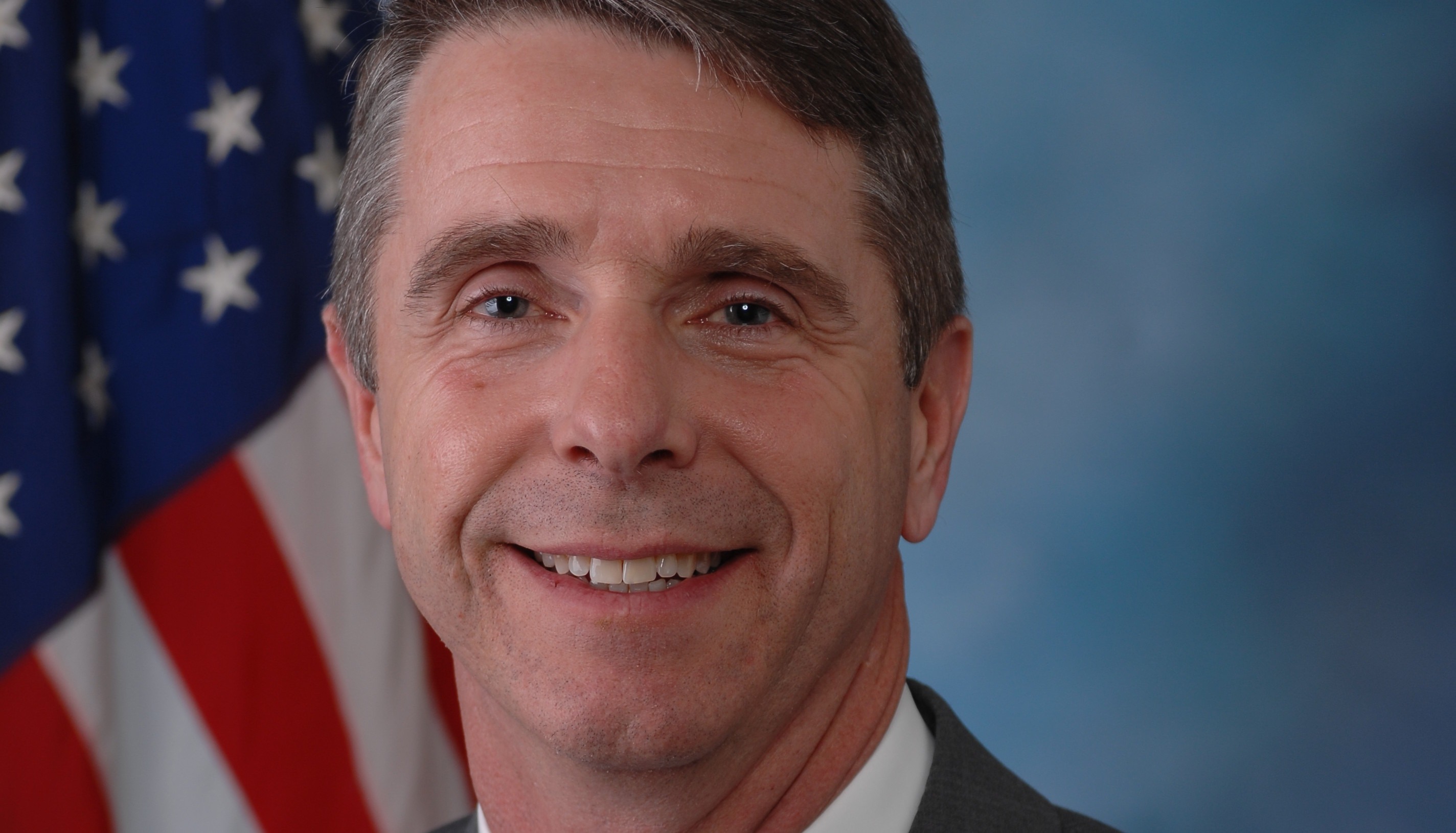Congressman Rob Wittman visits UMW, discusses global issues
3 min read
commons.wikimedia | United States Congress
By EMILY HOLLINGSWORTH
When most people think of what politicians do, they might imagine politicians in suits, giving signatures in a professional-looking office.
What they may not expect are politicians who travel the world and work to make allies. This opportunity for world travel and discussing global and national issues is precisely what Rob Wittman (R-VA) shared with students as part of his experience being a Congressman.
Wittman spoke with an Intro to Political Science class on Monday, April 4 at 1 p.m. in Monroe 346. Professor of political science Stephen Farnsworth acted as substitute for professor of political science Elizabeth Larus, who teaches the class.
Wittman, who works in the First Congressional District, spoke with students about traveling to countries in the Asian Pacific to speak with allies. He also traveled to Baltic countries in August, and has gone to London and Afghanistan in the past.
South Korea in particular has been concerned about North Korea and its access to nuclear weapons, according to Wittman.
On Tuesday, a satellite with the U.S. Korea Institute recorded activity at Yongbyon Radiochemical Laboratory complex in North Korea. According to CNN News, the images cannot determine whether the activity in the laboratory is related to nuclear production.
Wittman said in ideal circumstances, the United States, South Korea and China could become allies to defend against activity in North Korea. But China currently faces instability, according to Wittman’s website, committing overt militarization of certain islands and destroying miles of coral reefs.
After speaking about international affairs, Wittman turned to issues facing the United States. He is currently investigating readiness with the U.S. military, which determines whether service members are given proper training and whether the entity has been modernized enough to face potential challenges in the future.
“A strong United States military creates a deterrent for people who want to threaten the country,” Wittman said, saying that the military’s purpose would not be to initiate war, but to defend from aggressive forces elsewhere.
The U.S. military may be five years from full-spectrum readiness, according to Wittman, racing for time particularly as readiness may not be a secret from other countries. “Don’t think our enemies don’t see this weakness,” Wittman said.
After speaking about his experience with national and international issues, students were able to ask questions about political matters.
One student asked about the possible effects the Panama Papers, a leak from the world’s fourth largest offshore law firm, Mossack Fonseca, on Tuesday that revealed pressing information about world leaders who have offshore tax dealings.
Wittman believes that the effects of the leak would be more far-reaching than people expect, dissolving trust between other countries.
“It’s not an effect you would read about in the papers, but it would have a chilling effect on the relationship between [different countries],” Wittman said.
Wittman also addressed a student question about whether the United States does enough to stop domestic terrorism. Wittman believed that the United States does do a fair amount, but that the country could do more, particularly as domestic terrorists appear to be one step ahead of them.
Wittman proposed that the United States could rely more on Human Intelligence, having people enter these organizations and get information rather than using technological means, which Wittman believes the United States relies on too much.
“This is a risk to them and us,” Wittman said about using human intelligence in the past and possible future, “but it is where we have been most successful.”


